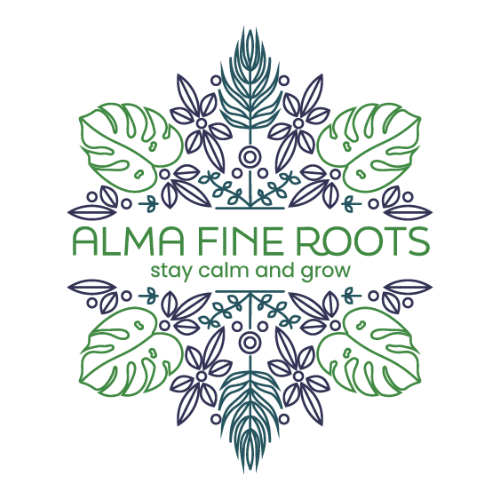Hey there! It's wonderful to see you taking such good care of your furry friends! Choosing safe houseplants is a thoughtful way to create a pet-friendly environment.
There are many houseplants that are safe for cats, and it's important to choose plants that won't harm your furry friend if they decide to nibble on them. Here are some examples:
Spider Plant (Chlorophytum comosum)
Boston Fern (Nephrolepis exaltata)
Calathea (Calathea spp.)
African Violet (Saintpaulia spp.)
Bamboo Palm (Chamaedorea seifrizii)
Christmas Cactus (Schlumbergera spp.)
Friendship Plant (Pilea involucrata)
Haworthia (Haworthia spp.)
Polka Dot Plant (Hypoestes phyllostachya)
Parlor Palm (Chamaedorea elegans)
It's important to note that even safe plants can cause digestive upset if ingested in large amounts, so it's best to monitor your cat's behavior around plants and limit their access to them if necessary. Also, make sure to check for any toxic plants in your home and remove them immediately to ensure the safety of your cat.
And for your lovable canine pals, they've got a fantastic lineup of safe plants too! Here are some examples:
Spider Plant (Chlorophytum comosum) - Safe for dogs and known to be a natural air purifier.
Boston Fern (Nephrolepis exaltata) - Safe for dogs and also a great air purifier.
Christmas Cactus (Schlumbergera spp.) - Safe for dogs and adds a pop of color to your living space.
African Violet (Saintpaulia spp.) - Safe for dogs and a beautiful flowering plant.
Peperomia (Peperomia spp.) - Safe for dogs and comes in a variety of textures and colors.
Haworthia (Haworthia spp.) - Safe for dogs and a cute little succulent.
Areca Palm (Dypsis lutescens) - Safe for dogs and a tropical addition to your home.
It's important to note that while these plants are generally safe for dogs, it's still a good idea to keep them out of reach to prevent accidental ingestion. If you notice any signs of discomfort or illness in your dog after their encounter with a plant, don't hesitate to reach out to your veterinarian.
You're doing an amazing job in creating a safe and enjoyable space for your pets and your houseplants. Keep up the fantastic work, and your furry friends will surely appreciate your love and care! If you ever need any more tips or advice, I'm here to help! Happy pet-parenting and happy gardening! 🌿🐾

